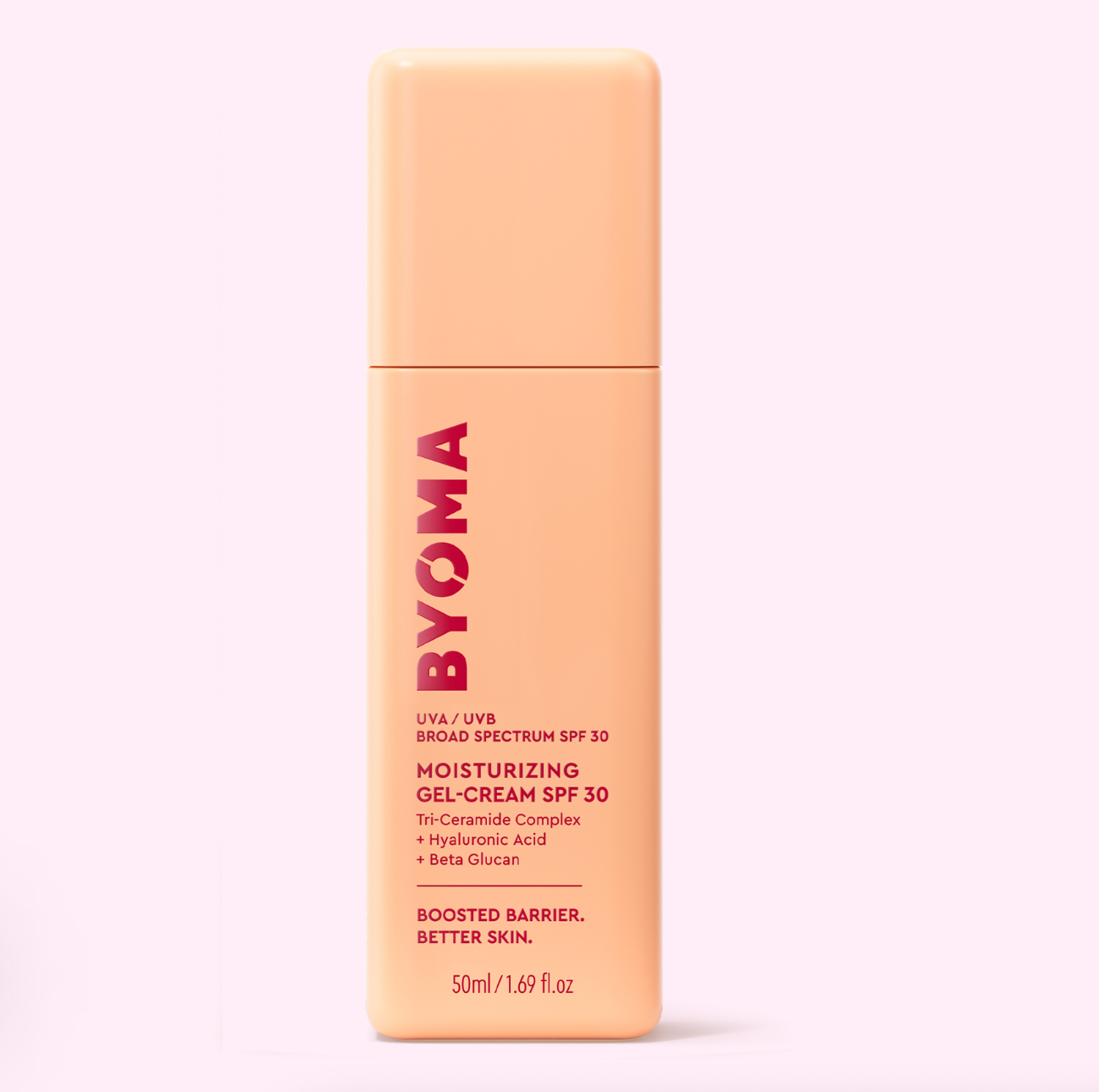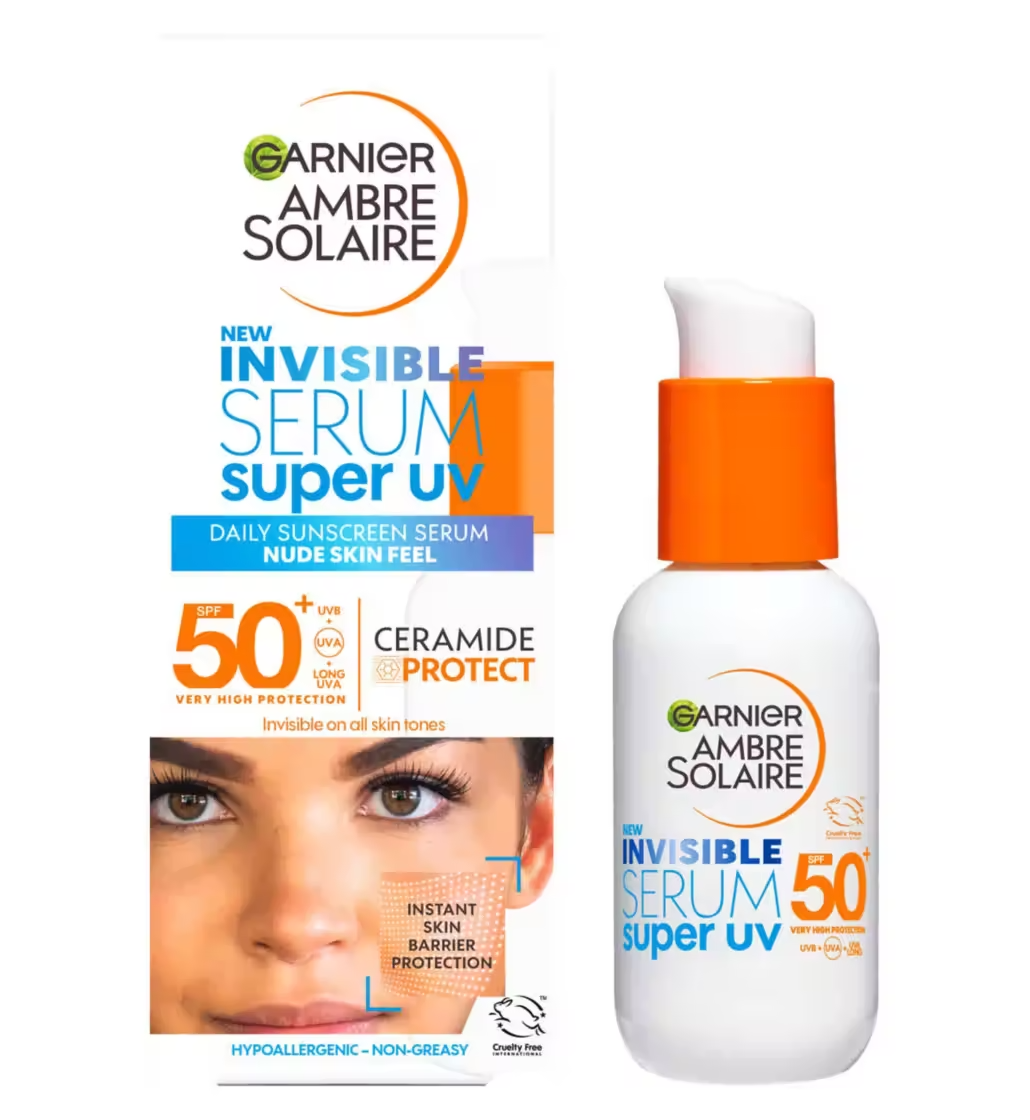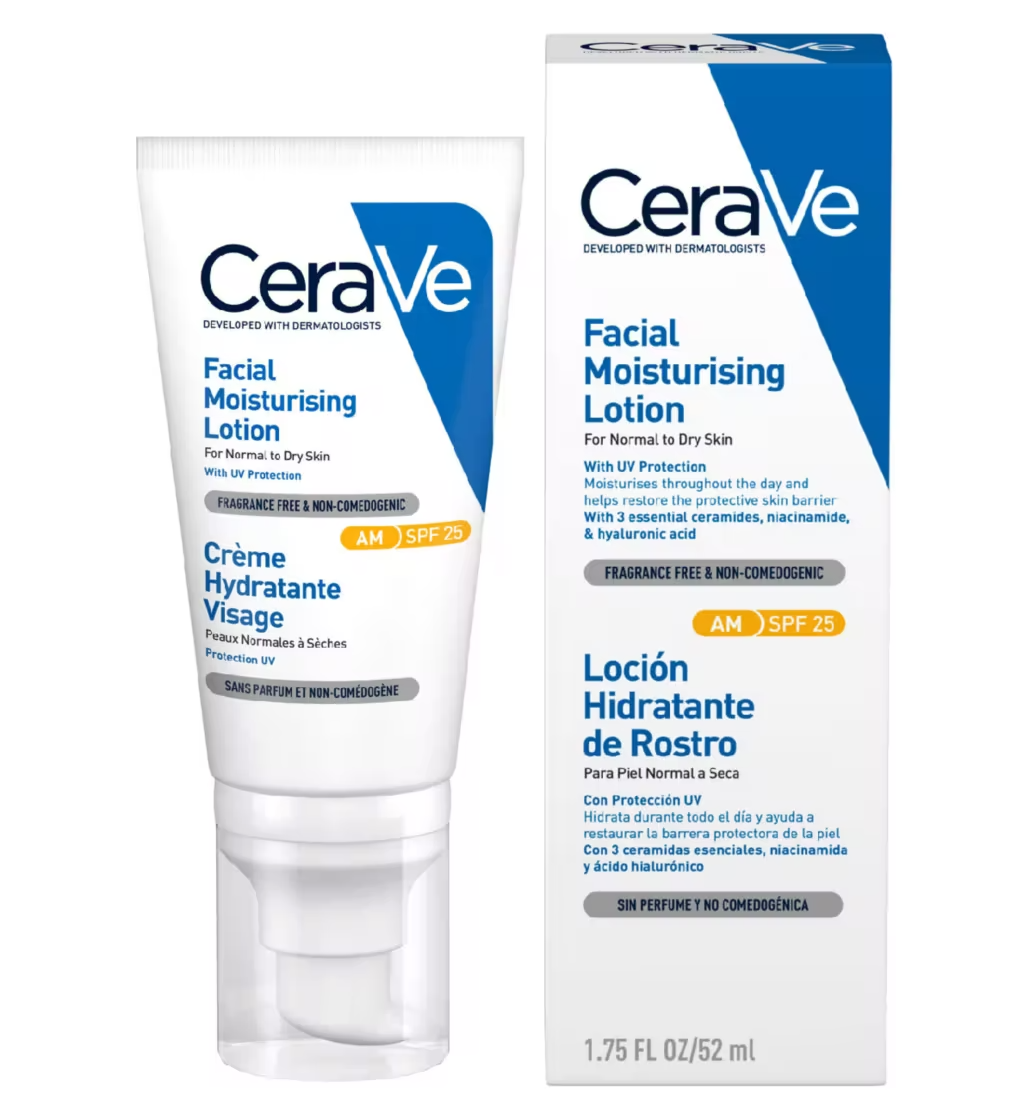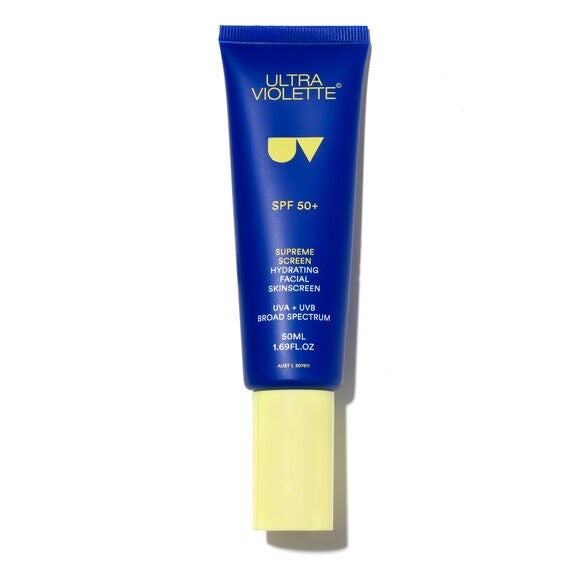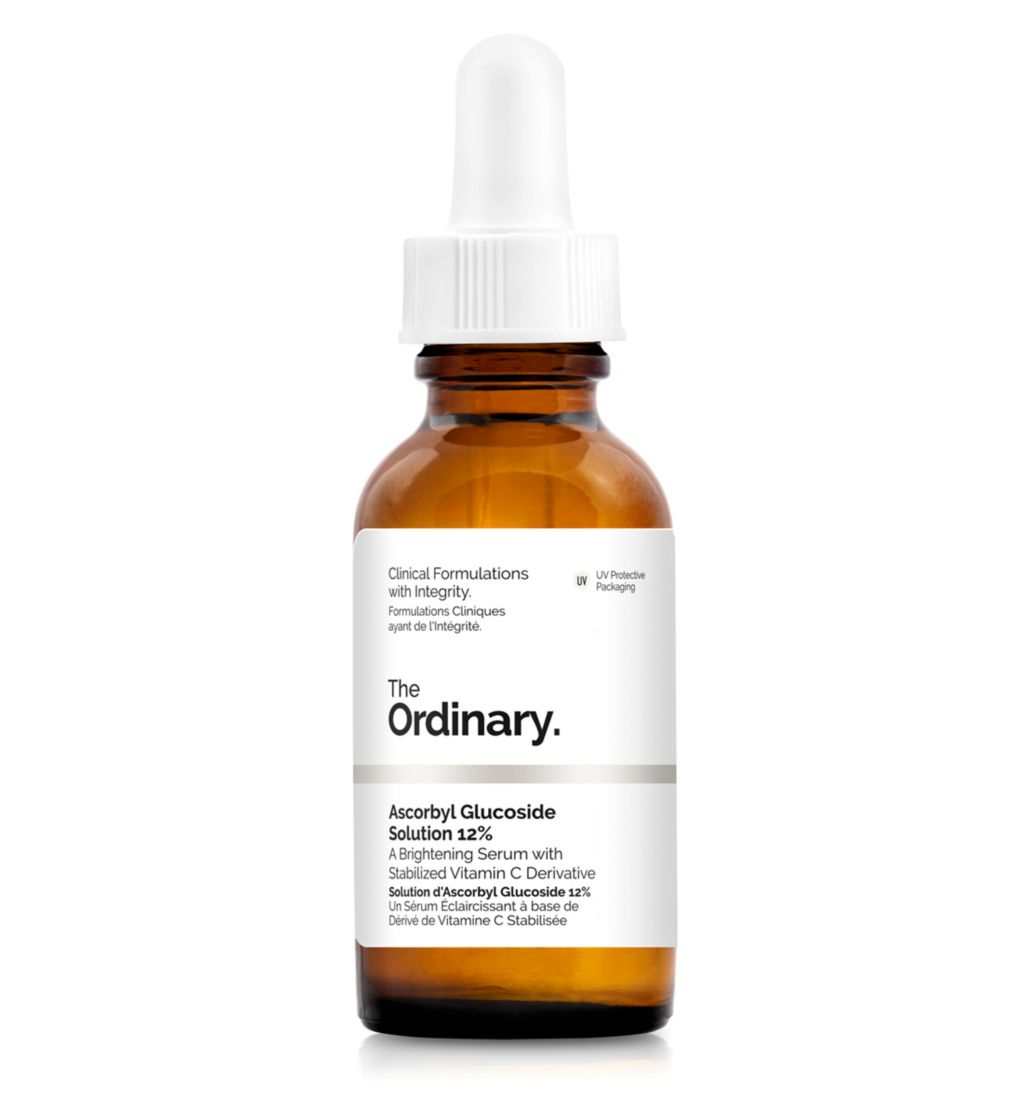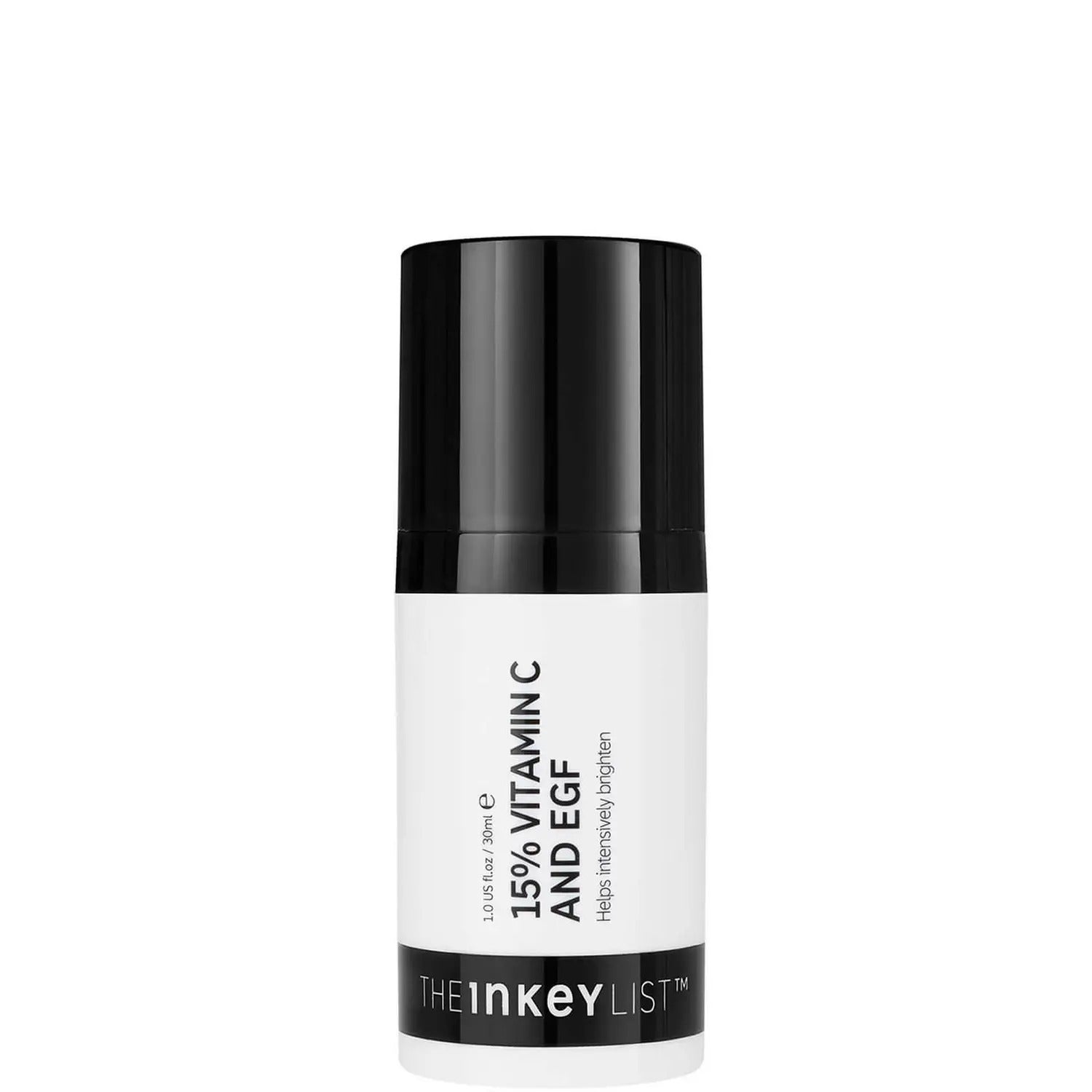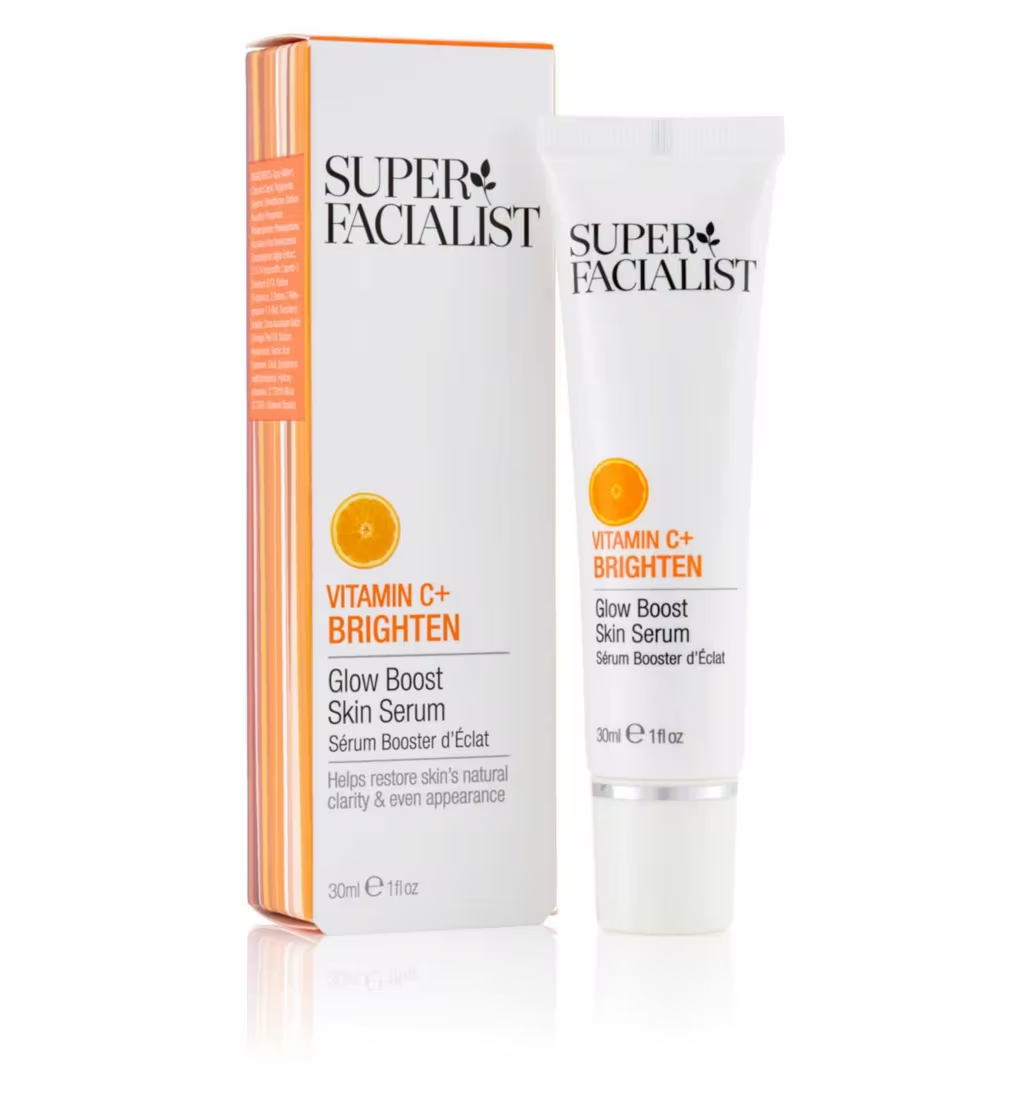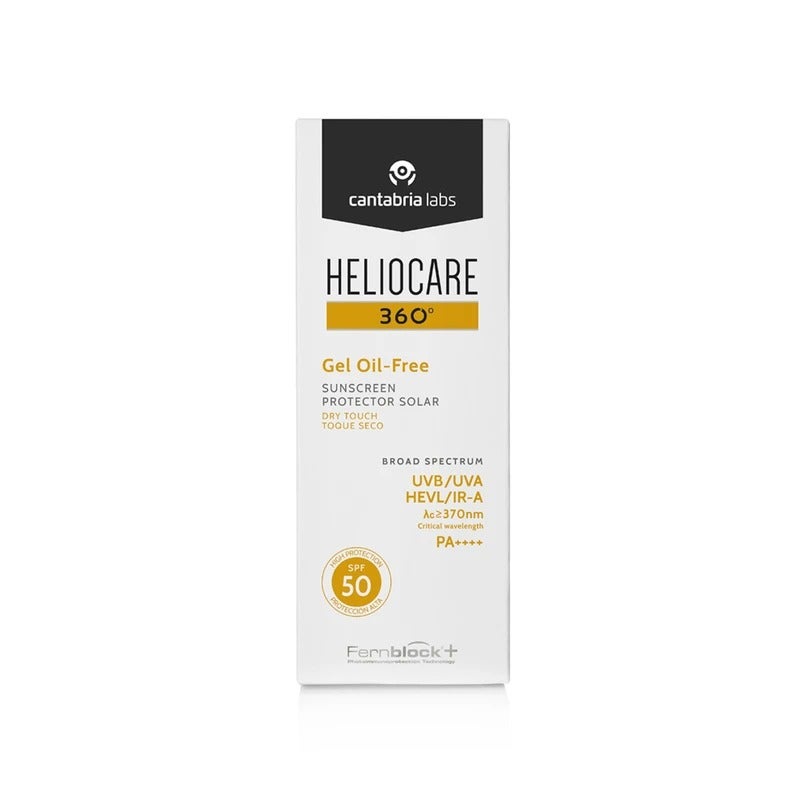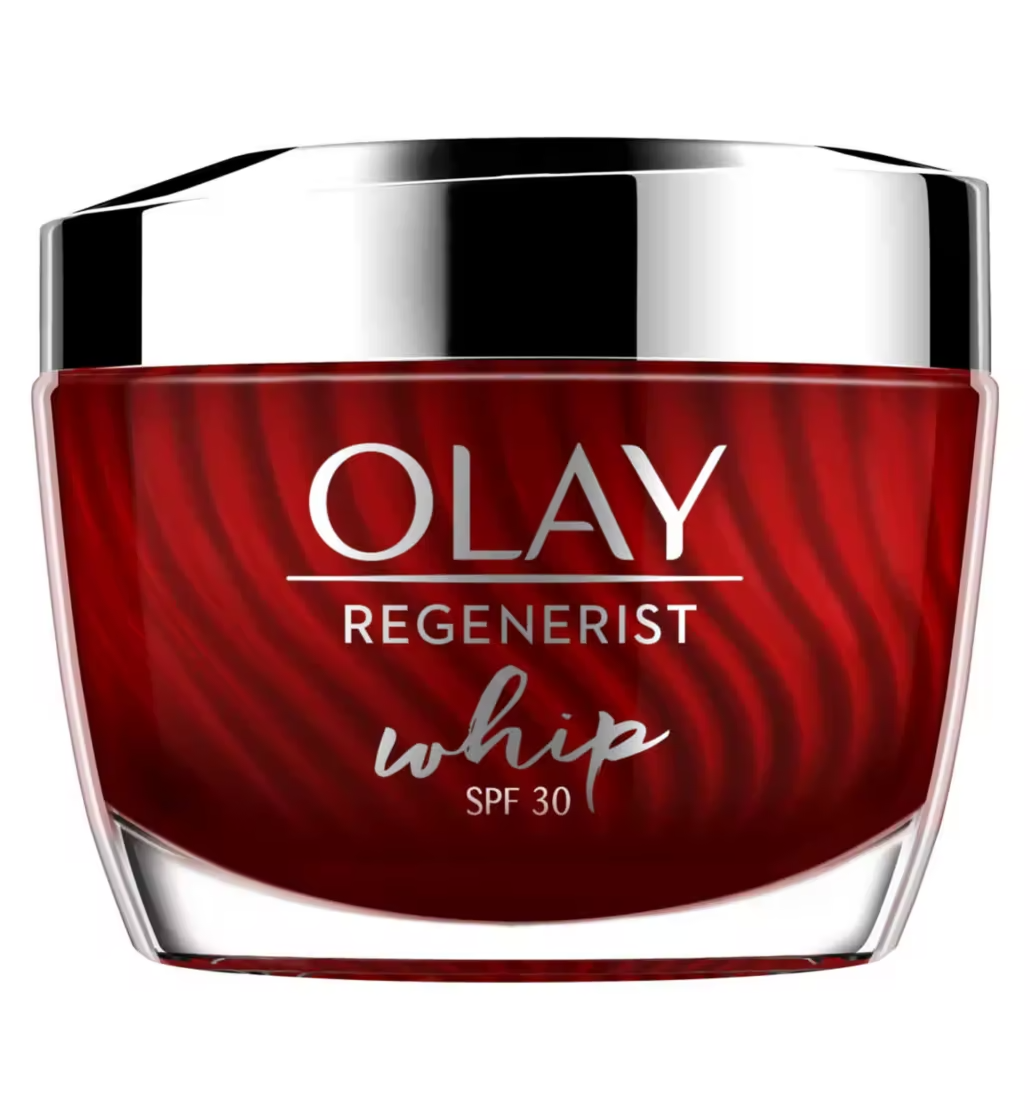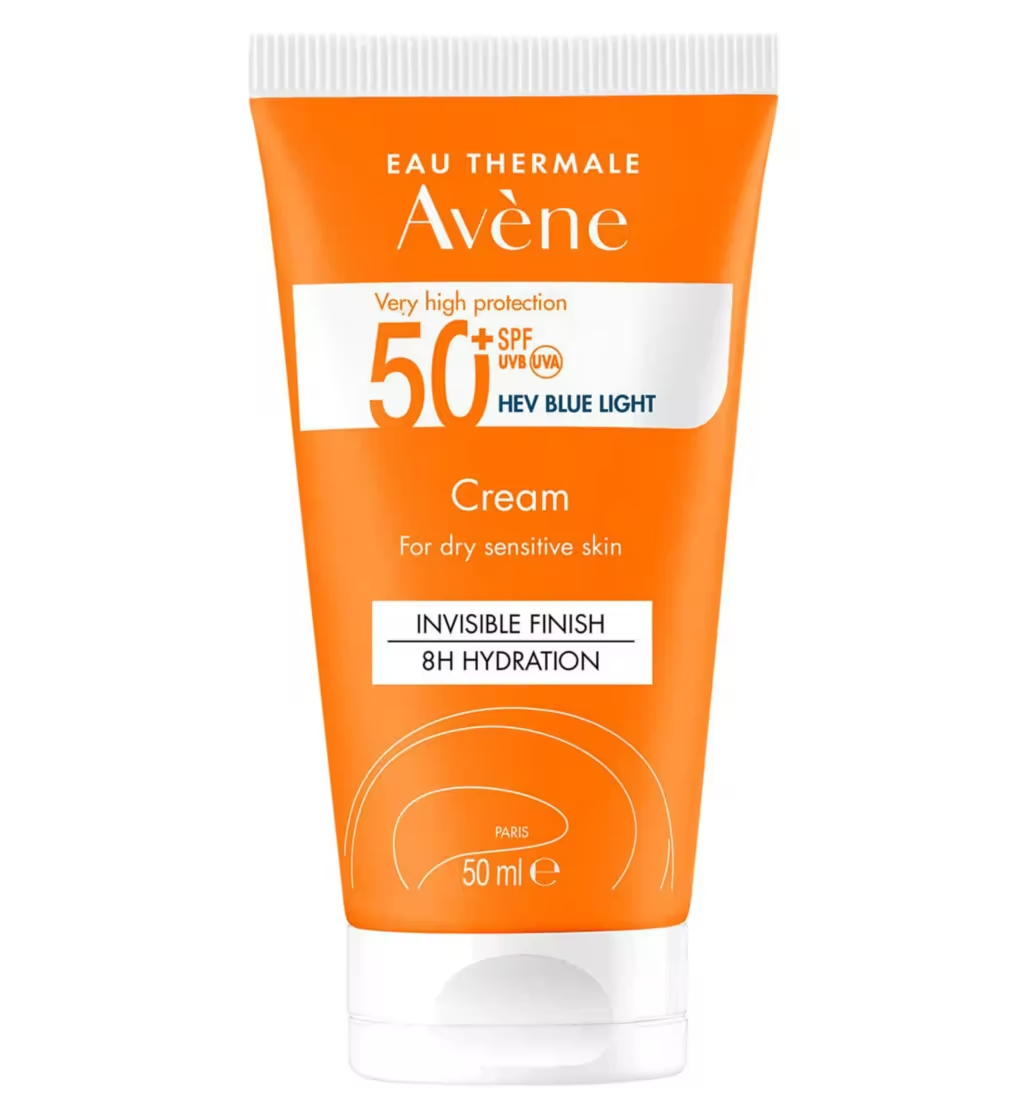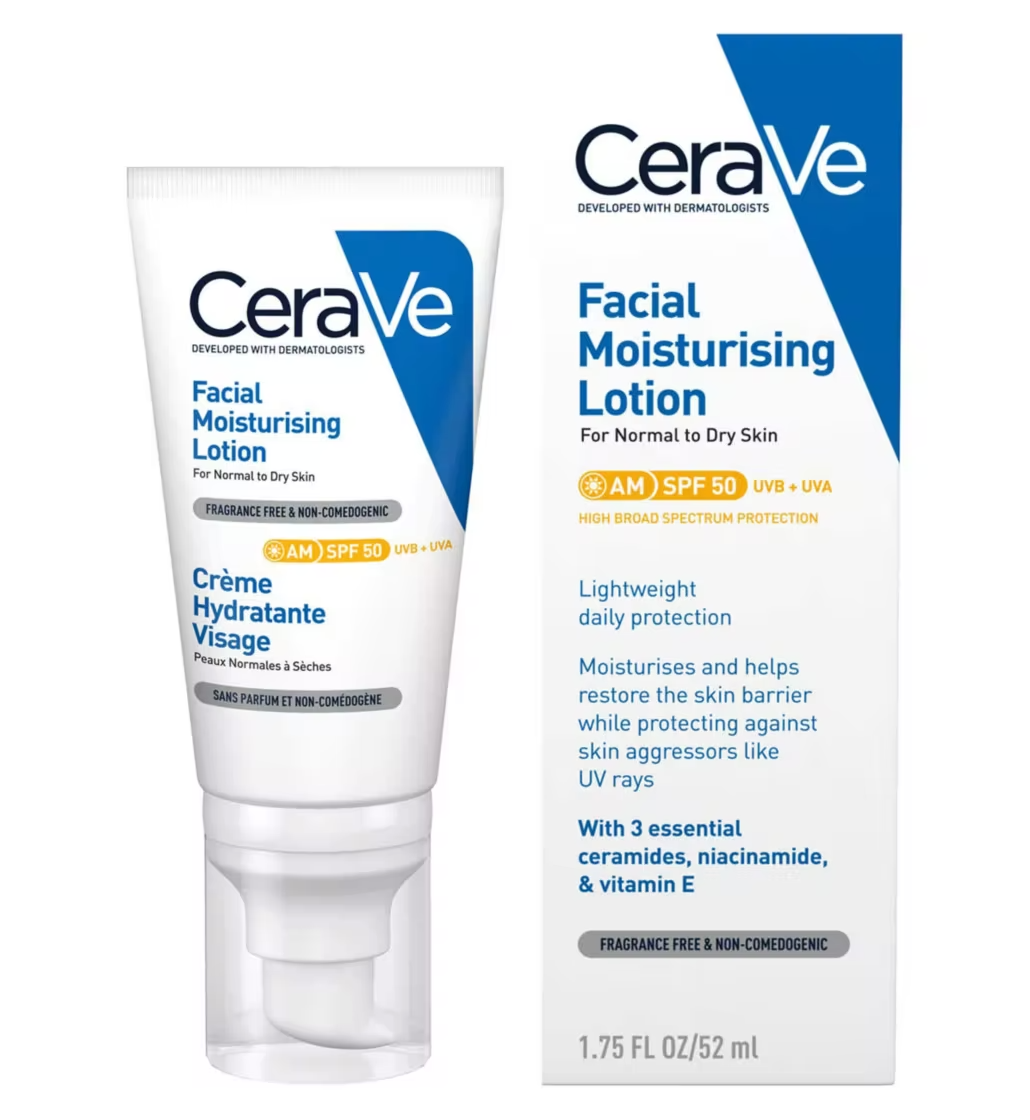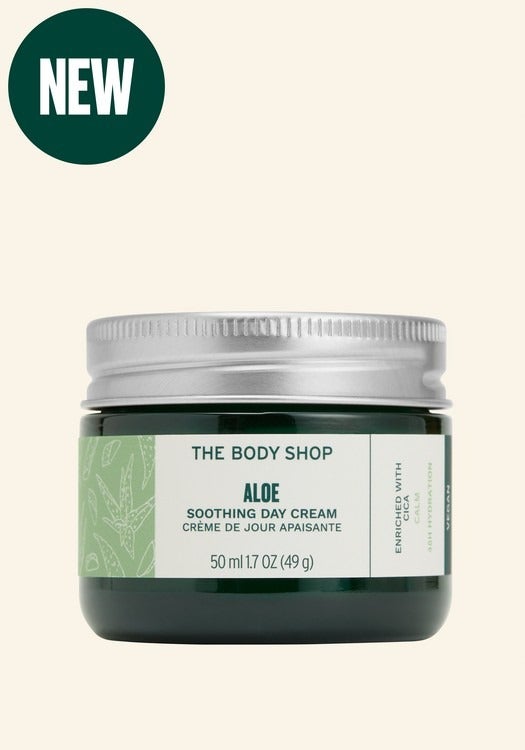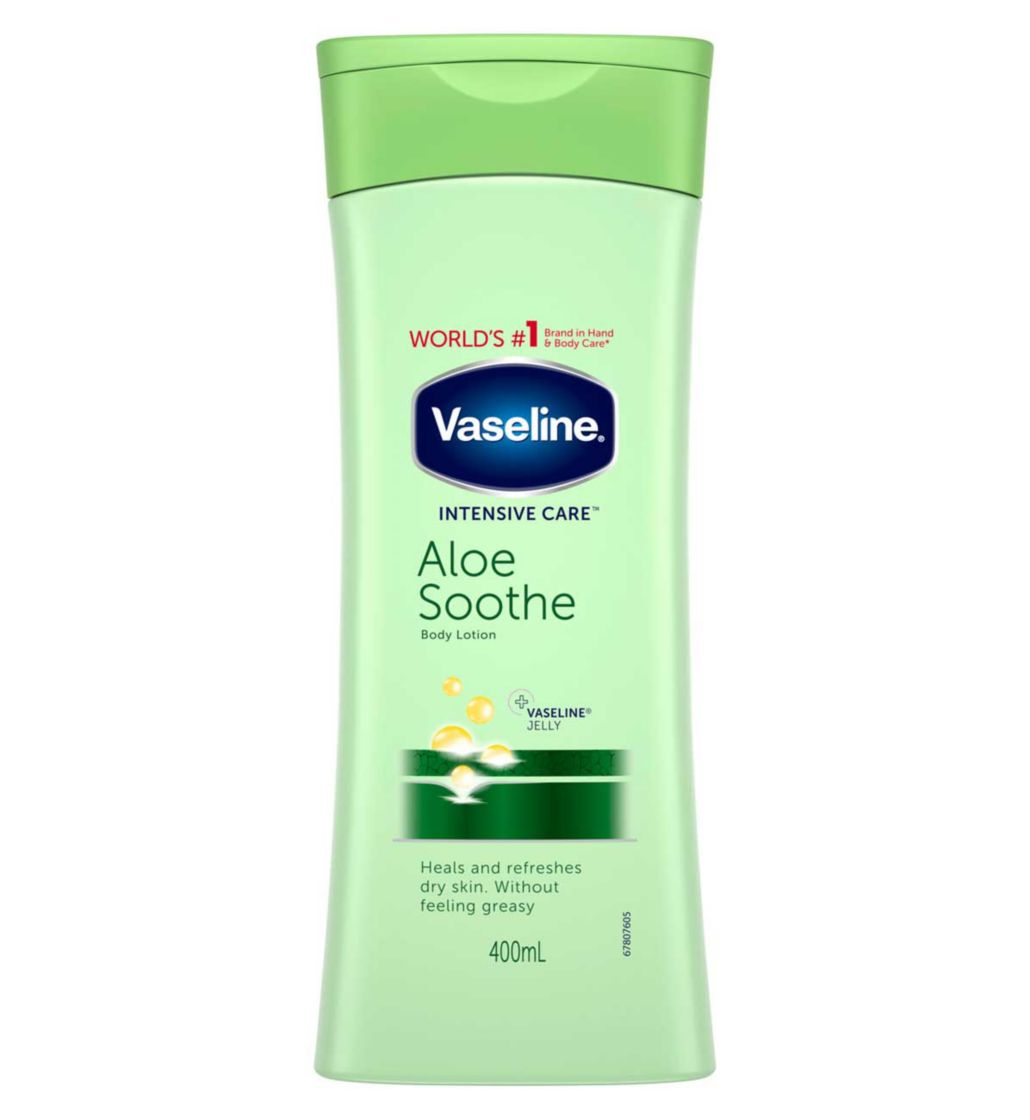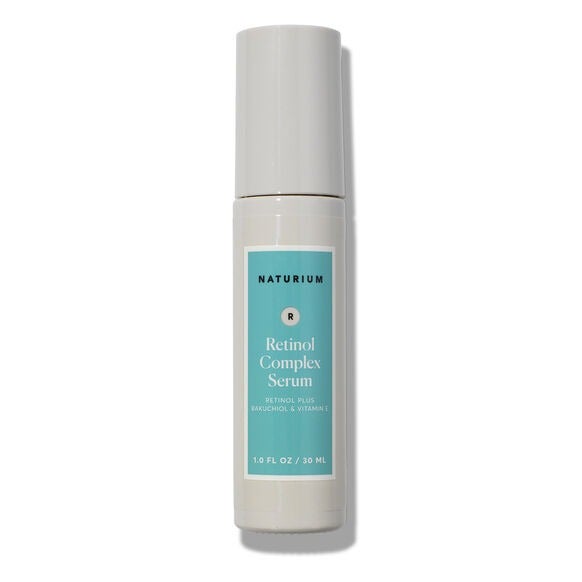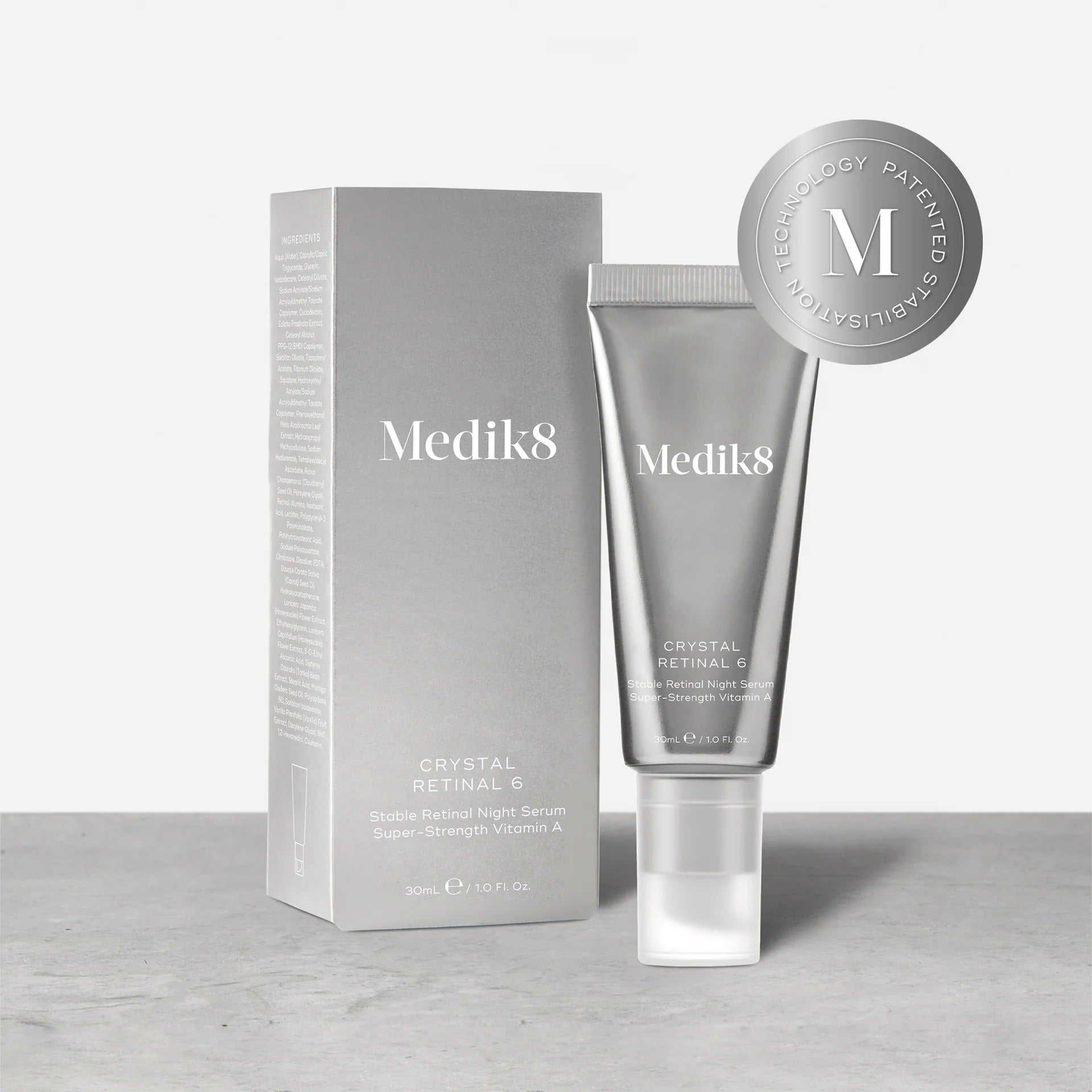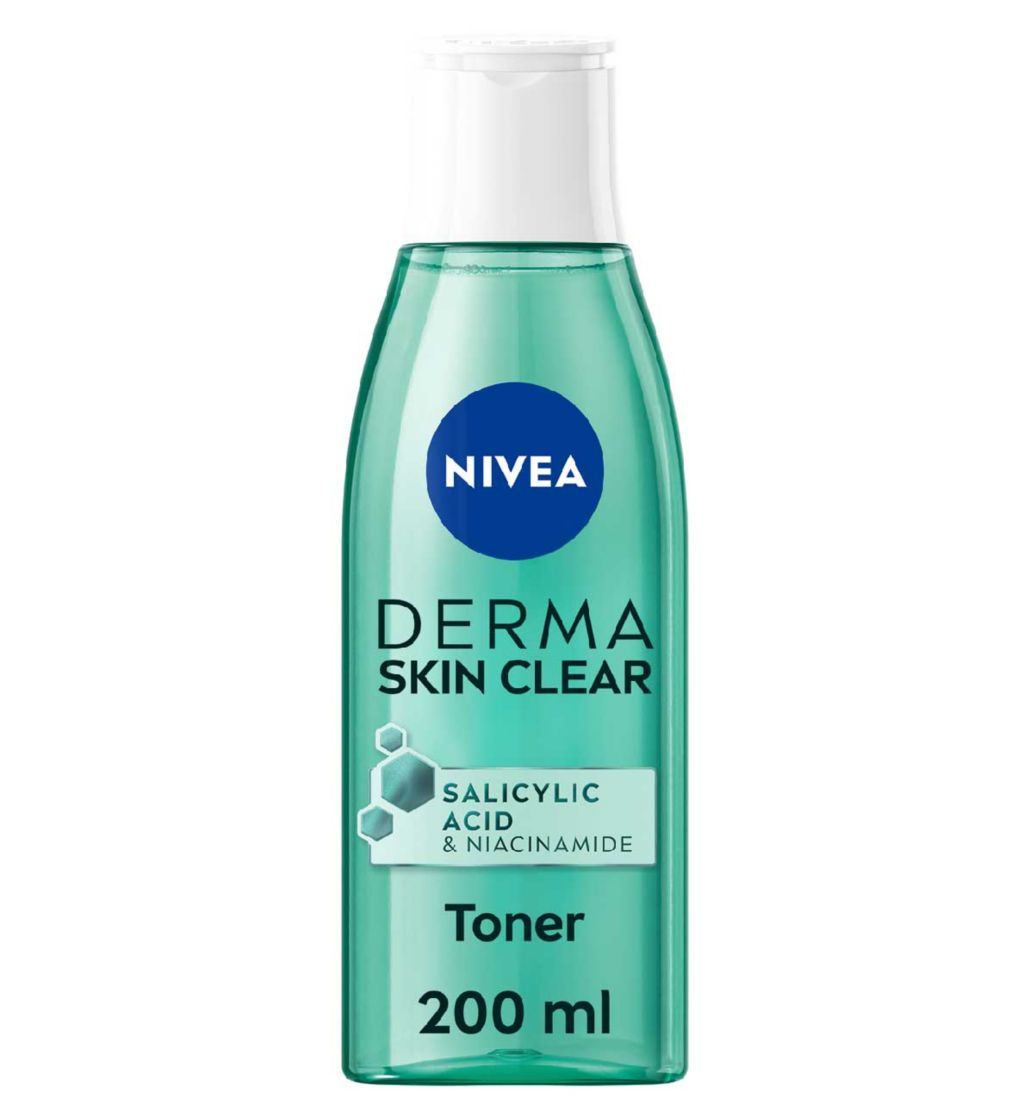5 Skin Tweaks A Dermatologist Told Me To Make For Spring
Photographed by Sarah Harry-Isaacs
This week marks the start of British springtime, which means a few things. Firstly, it's time to run your trusty lightweight trench coat to the dry cleaners. Secondly, those Easter bank holiday plans won't make themselves. Lastly, it could be a good idea to switch up your skincare routine.
After months of drying central heating and near-freezing temperatures, it's likely you swaddled your parched skin with the most unctuous moisturiser you could find. Perhaps you tried a TikTok trend like 'skin flooding' (layering serums and moisturisers onto damp skin for better hydration), or maybe the cloudy days trick you into ditching the SPF (though it's a must — even in winter). Regardless, the upcoming warmer and (hopefully) sunnier weather is set to usher in a new set of skincare needs.
AdvertisementADVERTISEMENT
"The skin can change in various ways from winter to spring due to shifts in temperature, humidity and sun exposure," explains Dr Hiba Injibar, consultant dermatologist at Harley Street's Dermasurge Clinic. "In colder months, the skin can become dry and flaky due to the harsh winter weather and indoor heating," she says. "But as spring arrives and the weather becomes warmer, the skin is likely to retain more moisture and feel less dry."
That's a positive thing, of course, but Dr Injibar adds that it's important to remember that spending more time outside in the warmer weather means a higher risk of sun damage. Spring also brings high pollen counts, which can trigger allergies and cause flareups of skin irritations, like eczema. "Changes in temperature and humidity can also impact acne-prone skin," says Dr Injibar. Increased humidity can cause excess oil production, leading to more breakouts.
So what can you do to keep your skin happy? Ahead, Dr Injibar shares the skincare advice and useful hacks that you might find indispensable heading into spring and beyond.
Rethink your current moisturiser
While it may sound obvious to shelve your thick moisturiser in favour of something lighter in texture, Dr Injibar explains exactly why it's important to adjust your products to accommodate the changing weather: "As the weather warms up, our skin may produce more oil, which can lead to breakouts if heavy creams are used." She says that switching to a lighter moisturiser — or even just a serum if your skin is very oily — can help prevent clogged pores.
AdvertisementADVERTISEMENT
If your chosen lightweight moisturiser contains sunscreen, that's even better. Try BYOMA Moisturizing Gel-Cream SPF 30, £14.99, which absorbs quickly and doesn't feel at all greasy, or CeraVe AM Facial Moisturising Lotion SPF 25, £15.50. If you're spending longer periods of time outside in the sun, or working near a window, research shows that a targeted sunscreen product (rather than a moisturiser with added SPF) offers higher protection. R29 rates Garnier Ambre Solaire SPF 50+ Super UV Invisible Face Serum, £14, or Ultra Violette Supreme Screen Hydrating Facial Skinscreen SPF 50+, £34, if you have more to spend. Both can be used on their own or layered over moisturiser and serums.
Vitamin C & SPF are the ultimate duo
"A vitamin C serum can be a great investment for your skincare routine during springtime," says Dr Injibar. Vitamin C is an antioxidant, which means it shields skin against the environment, such as dulling and pore-clogging pollution. "It can also help to brighten and even out the skin tone, boosting collagen production for firmer skin," says Dr Injibar. But it doesn't have to be expensive to work. Try The INKEY List's 15% Vitamin C and EGF Serum, £15.99, which also boasts epidermal growth factors — essentially, skin-repairing proteins that promote collagen and elastin in the skin. R29 also recommends Super Facialist Vitamin C+ Glow Boost Skin Serum, £17. If your skin is reactive or sensitive, try The Ordinary's Ascorbyl Glucoside Solution 12%, £12.70.
AdvertisementADVERTISEMENT
Team your chosen vitamin C serum with sunscreen, which deflects UV rays, and you've got a pretty airtight spring skincare routine, especially if you're spending more time outdoors. "After you have cleansed, apply a vitamin C serum around the eyes and face," says Dr Injibar, "then apply your SPF30+ broad spectrum sunscreen on top." A broad spectrum sunscreen protects against both UVA rays (responsible for premature ageing) and UVB rays (which result in sunburn). "Even on cloudy days, harmful UV rays can still penetrate the skin, leading to sun damage and premature ageing," adds Dr Injibar, "so it's important to wear sunscreen every day, regularly applying when spending time outdoors."
Choose the right sunscreen
Dr Injibar suggests looking for sunscreen that complements your skin type. "For instance," she says, "if you have oily skin, look for an 'oil-free' sunscreen." Try Heliocare 360 Gel Oil-Free SPF 50, £31. "If you have dry skin, look for SPF30+ with added moisturiser," she continues. R29 recommends Olay Regenerist Whip Day Face Cream SPF30, £38.
If you have sensitive skin conditions such as eczema, Dr Injibar explains that they are likely to get worse in spring thanks to allergies and pollen. "Apply sunscreens that have been formulated with sensitive skin in mind, which contain no fragrance and don't irritate the skin," she says. Her pick for sensitive sunscreen is Avène Very High Protection Cream SPF50+, £21, which she explains "provides protection against harmful UV rays throughout the day."
AdvertisementADVERTISEMENT
Look for skincare containing these ingredients
First up, hyaluronic acid. Not every skin experts is convinced that you need a dedicated hyaluronic acid serum, as the hydrating ingredient is in plenty of moisturisers and sunscreens, anyway. Pretty much anyone can benefit from incorporating it into their skincare routine, but if your skin has a tendency to feel tight and uncomfortable after cleansing, this could be a sign that it's dehydrated — in which case hyaluronic acid may be especially useful. "Hyaluronic acid is humectant [draws water into the skin], which can add lightweight hydration to the skin without feeling heavy or greasy," says Dr Injibar. "It both attracts and holds onto moisture, rejuvenating dull, dehydrated skin to give it a plump appearance."
Then there are ceramides. "These are naturally occurring lipids [or fats] in the skin that help to keep it hydrated and healthy," says Dr Injibar. Look for a moisturiser or a sunscreen that contains ceramides (like CeraVe AM Facial Moisturising Lotion SPF 50, £16) to help strengthen the skin barrier and prevent moisture loss. Dr Injibar adds that ceramides are perfect for post-sun exposure, too. As a bonus, the CeraVe lotion also contains niacinamide (often referred to as vitamin B3). "Niacinamide is also a great ingredient for improving the skin barrier, reducing inflammation and regulating oil production," says Dr Injibar.
Lastly, if you have sunburn from spring weather, Dr Injibar recommends aloe vera — a soothing and cooling ingredient to calm inflamed skin. "While aloe vera cannot cure sunburn, it can help to alleviate the symptoms [such as redness and soreness] and ease the irritation," she says. "A lightweight moisturising lotion that contains aloe vera will help provide symptomatic relief." Try The Body Shop Aloe Soothing Day Cream, £16, for your face, and Vaseline Intensive Care Aloe Soothe Body Lotion, £5.99, for your body.
AdvertisementADVERTISEMENT
How to stave off spring breakouts
So you've got your daytime skincare routine nailed, but the evening is when you might like to step things up a notch, particularly if you find yourself breaking out more when the weather heats up.
"To help control excess oil and occasional breakouts, a lightweight cream containing retinol or glycolic acid can be used at night," says Dr Injibar. "Retinol is a derivative of vitamin A, which helps to regulate oil production and unclog pores, while glycolic acid is an alpha-hydroxy acid that exfoliates the skin and helps to reduce the appearance of blemishes."
Whichever ingredient you use is all down to personal preference, but considering that they are both potent, it's best to choose one and stick with it. Layering them could cause irritation in the form of red, sore and flaky skin. If you're a retinol beginner, try Naturium Retinol Complex Serum, £22. If you're a seasoned retinol user and want to dial things up, try Medik8 Crystal Retinal, £45. Retinal works a little faster and more effectively than the usual over-the-counter retinol.
If your spot-prone skin doesn't get on with glycolic acid or retinol, Dr Injibar recommends a gentle product containing exfoliating salicylic acid, which she says can be helpful for managing oily skin and breakouts during warmer weather. Try NIVEA Derma Skin Clear Toner with Salicylic Acid, £4.99, layered underneath a simple and bland moisturiser. "If you have acne," continues Dr Injibar, "you may require a stronger treatment plan." Dr Injibar says it's important to consult with a dermatologist or skincare expert to determine the most appropriate treatment for your specific skin type, and to ensure you are using these ingredients in the right percentage.
AdvertisementADVERTISEMENT
Lastly, if you're using any of the aforementioned ingredients, always apply sunscreen during the day, as they can make skin sensitive to sunlight.
Refinery29's selection is purely editorial and independently chosen – we only feature items we love! As part of our business model we do work with affiliates; if you directly purchase something from a link on this article, we may earn a small amount of commission.
AdvertisementADVERTISEMENT








